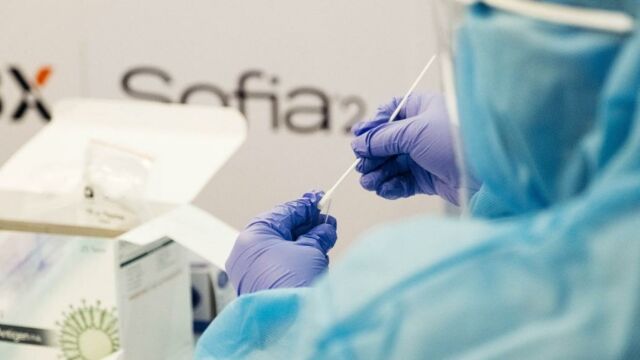MPs have gathered together to demand the UK government to make PCR testing more financially accessible in order to avoid further outbreaks from international flights.
Discover our latest podcast
Fake PCR tests
The All-Party Parliamentary Group on Coronavirus is not only urging authorities to make PCR testing cheaper but also to for automatic e-gates at airports to be upgraded to reduce queues and waiting times. The goal would be to streamline the process by which Britons would need go through to enjoy international travel.
Vice chairwoman of the group and Green MP, Caroline Lucas, explains that the amount of falsified PCR tests used by many to avoid having to pay the hefty fees have only made it easier for the virus to sneak into the country. Further, she explains that having more organized check in procedures at airports would contain transmission. The Green MP said:
The rapid growth of the Delta variant has shown how we must be vigilant against the risks posed by international travel. Yet despite repeated warnings, ministers are still failing to address overcrowding at airports or fake test certificates that are allowing Covid cases to slip through the cracks.
And added:
Upgrading e-gates and digitising test results would reduce the risk of transmission in airports and ensure we are no longer relying solely on border force officials to spot fraudulent documents. The Government must learn from its mistakes and ensure its border policy is watertight.
Better airport procedures
Echoing the sentiment Lib Dem MP Layla Moran, the group's chairman believes that international travel should only be allowed if the government makes adequate changes to airport procedures:
The Government must not yet again allow international travel to jeopardise the hard-won progress we've made against the virus.
Once this is in place, the Government should also consider measures to reduce the costs of tests such as a VAT exemption or a price cap, as has been done in other European countries.
Adding:
Until we vaccinate the world, testing will remain crucial to our efforts to detect new variants and keep the virus under control.















